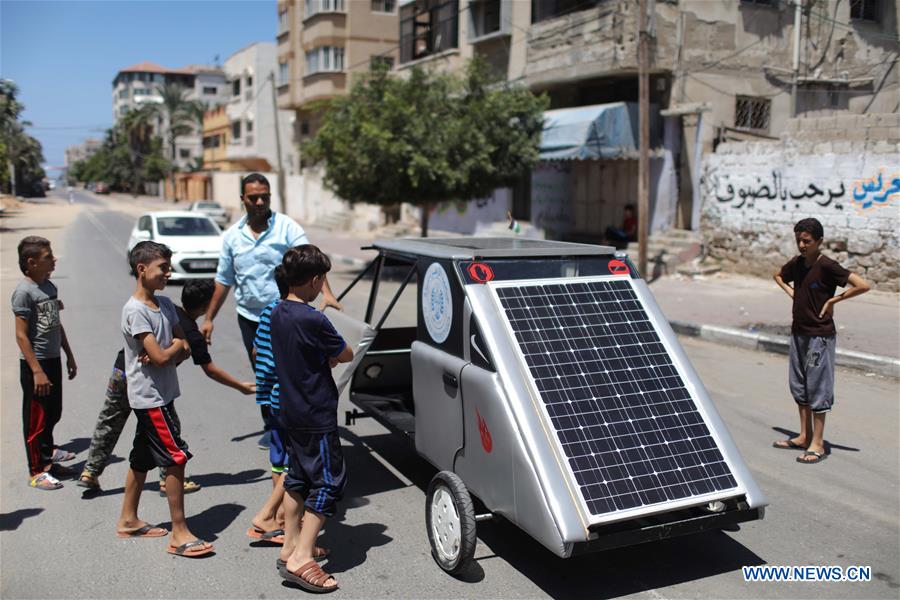Israel’s Security Cabinet last week decided to cut supply to two hours a day – depriving neighbourhoods and hospitals of power, refrigeration, water supply, waste removal and waste processing infrastructure. Millions of liters of raw sewage are being dumped into the Mediterranean daily, adding to years of some 90’000’000 liters of waste flow since 2012, making the ocean a toxic stew.
This is a call for an immediate halt to and reversal of the power cuts, an end to the blockade and support for a broad and regional Solar for Gaza (S4G) campaign instead. On the road to normalised relations Gaza must be provided with vital renewable energy resources, networks and storage systems that can help bring lasting resolution, build prosperity and allow the resilient and resourceful people of Gaza to be fully engaged in their destiny.
Access to the means of converting abundant sunshine into electricity, water security through sustainable water systems, soil improvement and other measures to reduce pollution are part and parcel of a much needed strategy and action program to regenerate the Gaza Strip from the world’s largest detention camp into a prosperous and healthy element in the development framework of its neighbouring regions.
Israel – besides the secondary roles of the Palestinian Authority, Hamas and Egypt – has a primary responsibility and duty of care to the people of Gaza. The restrictions on shipping solar and other renewable energy systems must end. Instead, a Gaza-wide renewable energy autonomy study and plan must be framed to optimise access and maximise the speed at which health and prosperity can be achieved, and the exceptional ingenuity of Palestinians can be realized.
Promising initiatives are underway: the cross-border EcoPeace plans, or the Gaza hospital solar support program EmpowerGaza. But these are far too few, without systematic policy and investment support. In the face of abrupt, potentially catastrophic climate change we all have to set aside divisions and confront a dangerous and common enemy: antiquated energy systems and the environmental mayhem through climate change they help precipitate.
by Professor Peter Droege

